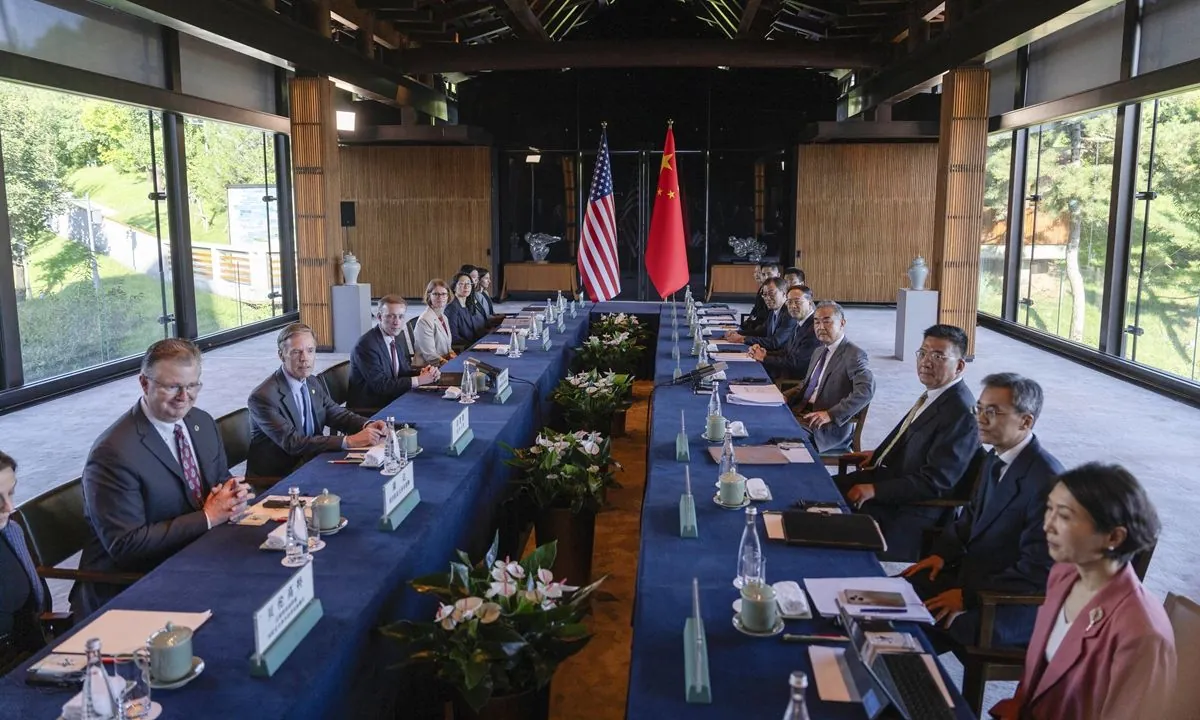Chinese officials dont show preference in upcoming US election but their response plans differ based on who wins the white-house race.
The less-dramatic scenario involves Kamala Harris win: sheʼll likely keep the current hands-off approach — investing in tech development working with allies and putting some limits on China-bound technologies (while keeping communication lines open)
Beijing looks at two very-different paths for early-2025:
- Tech self-development push
- Building stronger ties with developing nations
- Waiting for power balance changes
- Keeping current trade-links stable
If Donald Trump returns to office his team already talks about huge tariffs on Chinese goods: maybe 60% or even higher if he cancels Chinaʼs trade status. Last time Beijing was soft with counter-measures; this time its ready for all-out response
Chinese leaders think their economy is strong-enough now to handle any issues that might come up. Theyʼve got lots of tools ready — from targeting big US companies to messing with critical-minerals supply. The yuan-dollar rate could drop from 7.1 to somewhere between 10-12 (which would make tariffs less effective)
Their possible counter-moves include:
- Hitting specific Fortune-500 companies hard
- New rules for mineral exports
- Selling $100+ billion in US bonds
- More active military moves near Taiwan
- Big currency rate changes
Smart move for next US leader would be using precise economic tools instead of broad-brush tariffs. Working with allies and focusing on specific tech areas could work better than starting trade-war that nobody can win
